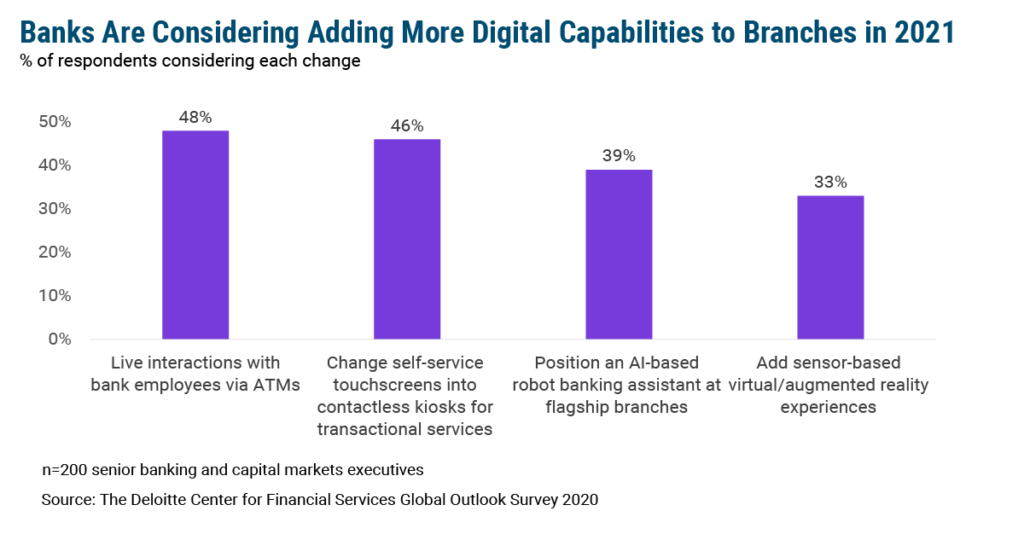Investors Show Confidence in Challenger Banks
In early June, Shachar Bialick, CEO of the all-in-one card app Curve, said the world was very close to “peak fintech.” There are so many fintech companies, perhaps 10,000 in all, that Bialick said he has trouble keeping track of them.
Someone should tell investors, who are pouring money into a small number of those fintech startups, with a particular emphasis on companies seeking to become banks. This week, Bialick’s company Curve received $55 million in Series B funding and a $250 million valuation, making it a “quarter-unicorn” in TechCrunch’s unfortunate formulation. Curve is based in London and available in 31 European countries. (There are 28 countries in the E.U. Norway, Switzerland, and Iceland are not E.U. members.)
Curve’s all-in-one card play — allowing users to add all their payment cards via an app and deploy them at will using a single piece of plastic or mobile device — feels wearyingly familiar to U.S. fintech watchers that remember Coin, Plastyc, Stratus and the rest. But Curve contains additional functionality. Users get additional rewards on top of their card rewards, can switch purchases between cards up to two weeks after purchase, and have access to a number of budgeting and reporting tools. 15% of users are said to have added a challenger bank card to the app. Curve plans to launch in the U.S. in 2020 — best of luck.
Speaking of challenger banks, the Peter Thiel-backed Berlin-based N26 also picked up some loose change this week — $170 billion, at a $3.5 billion valuation. Available in multiple European markets and (soon) the U.S., N26 will use the cash to expand to even more global markets.
Asked why his company deserves so much money, N26 CEO Valentin Stalf explained, “I think investors around the world see the disappointment customers face in retail banking, At the same time they see it’s a huge market.” Stalf said the firm’s valuation is “decent and actually low” considering its growth potential. “I think the company has the opportunity to be worth much more in the future.” Investors clearly agree.
For comparison, recall that BB&T paid $30 billion for SunTrust. The new bank (still called Truist) will offer $60 billion in loans to businesses in the vicinity of its new headquarters city of Charlotte, it was announced today.
Another neobank, the San Francisco-based Varo Money, raised $100 million this week in a Series C round, and also refiled its bank charter with the FDIC, according to American Banker. Varo already obtained approval for a national charter from the OCC last year, but needs FDIC approval to allow insured deposits. Varo claims 750,000 registered users and $600 million in deposits, plus $50 million in savings, meaning an average of about $867 per customer account. In the wake of its first attempt to secure a license, Varo hired two former OCC staffers to bulk up its compliance team.
The payments platform Finix, a Stripe competitor, raised a relatively modest Series A of $17.5 million this week after six years of patient work. Finix’s head of business development, Jareau Wade, offered an educational view into his company’s place in the payments ecosystem on Twitter following the raise.
Finix, though often compared to Stripe, actually allows customers to become their own Stripe, which is not a payment processor or merchant acquirer like Elavon or First Data is, Wade noted. Stripe (and Square) are better described as payment facilitators (payfacs) or aggregators, and Finix customers can be their own payment facilitators.
Essentially, you as the payfac, do a bunch of work up front with a processor and sponsor bank to be allowed to take on the risk and responsibility of boarding your merchants, making payouts to merchants, accepting or declining transactions.— Jareau Wadé (@jkwade) July 18, 2019
For those interested in exploring the payments value chain, Wade’s thread is worth reading.
Global fintech funding hit $9.2 billion in the first quarter of 2019, up 5.8% from 1Q of 2018. $39.6 billion was raised in 2018 by fintech companies, the largest total ever, with $14 billion of that going to China’s Ant Financial. The previous record of $19.3 billion raised by fintech startups was set in 2016.
Subscribe to CCG Insights.








